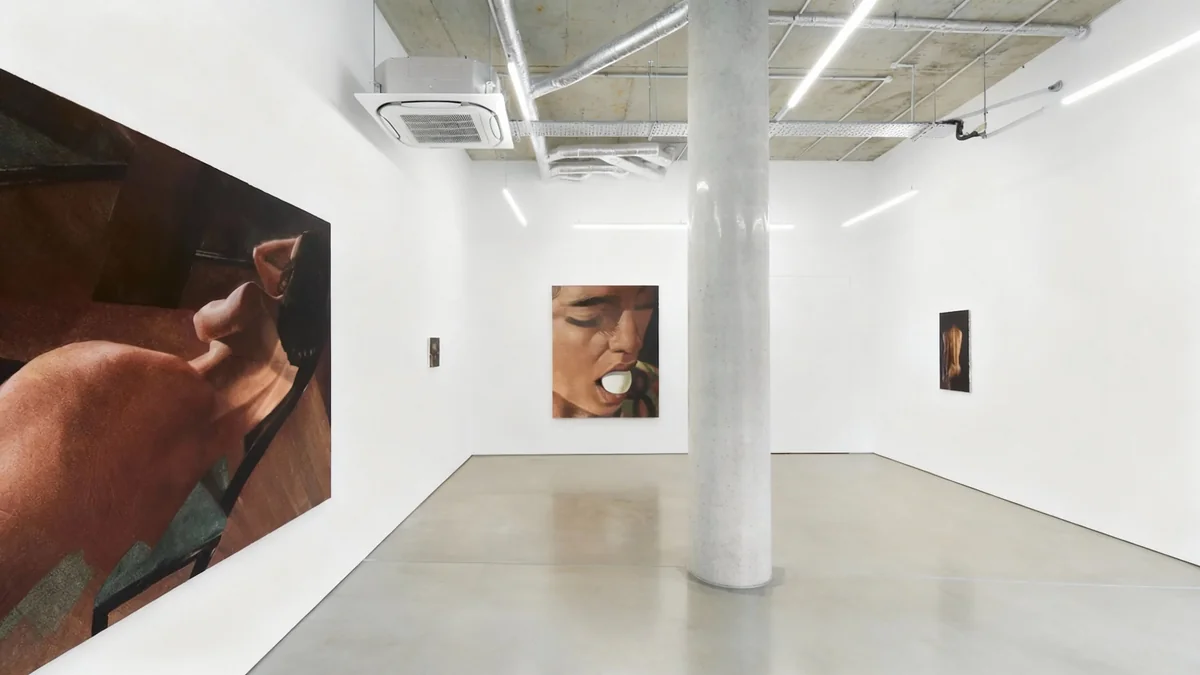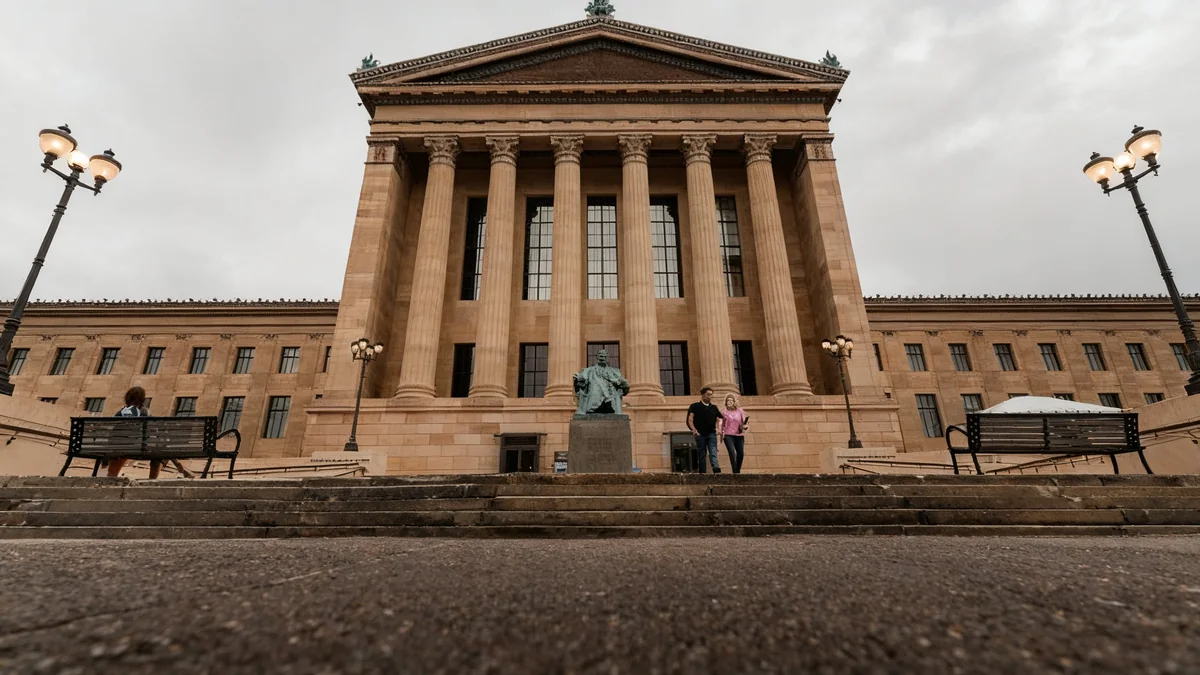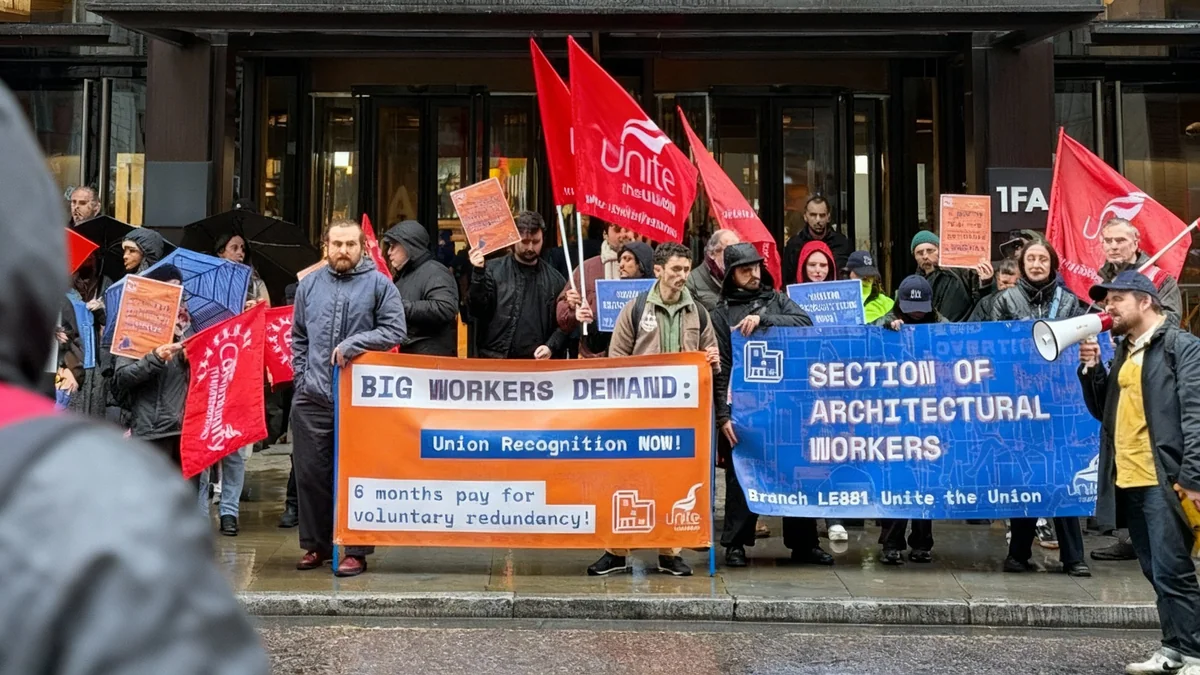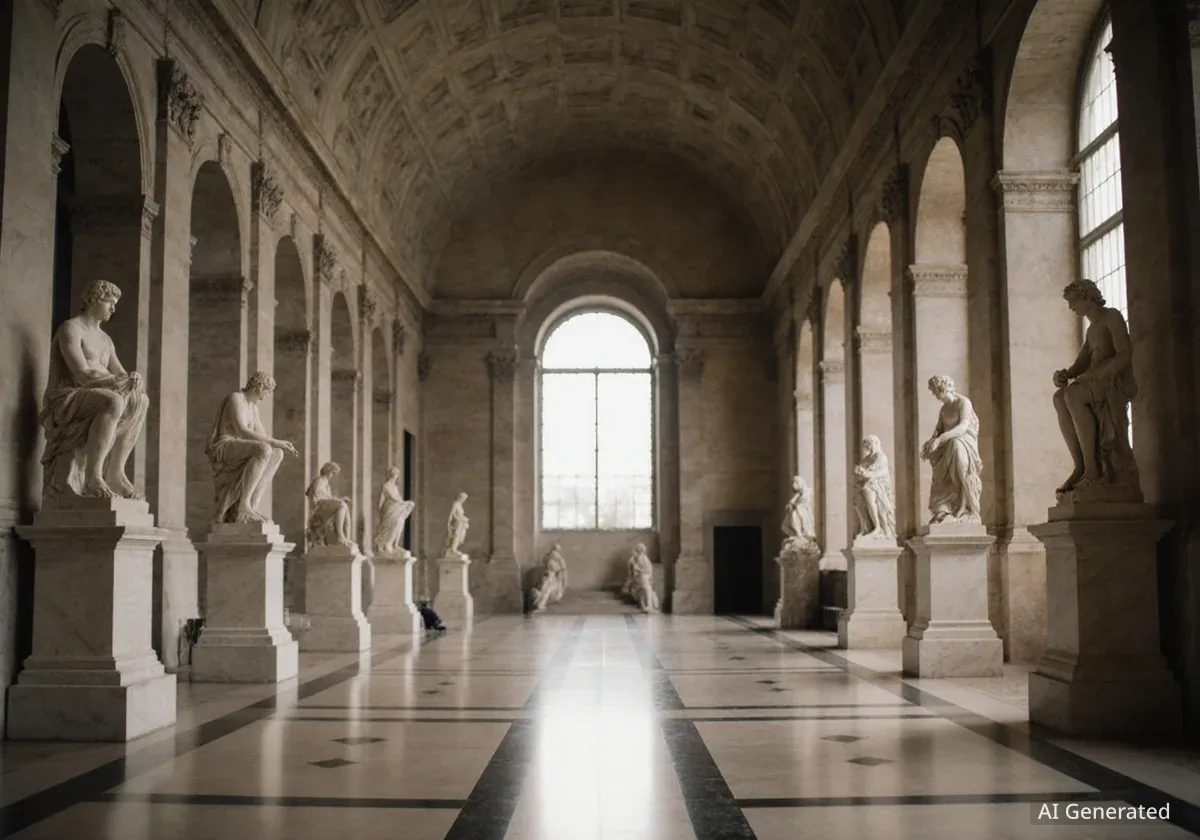Project Native Informant, an influential art gallery in East London known for its adventurous programming, has announced its permanent closure after 12 years of operation. The gallery's founder cited an increasingly volatile global environment and personal factors as the reasons behind the difficult decision.
The closure reflects a wider trend of economic pressure affecting mid-sized galleries, coming at a time when the global art market is experiencing a significant downturn. The space was celebrated for launching the careers of several prominent contemporary artists.
Key Takeaways
- East London's Project Native Informant gallery is closing after operating for 12 years.
- Founder Stephan Tanbin Sastrawidjaja pointed to a volatile global economic, political, and social environment.
- The gallery was instrumental in the careers of artists like Turner Prize nominee Sin Wai Kin and the commercially successful Joseph Yaeger.
- This closure is part of a broader, challenging trend for mid-sized art galleries worldwide amid a contracting art market.
Founder Cites Unsustainable Environment
The announcement was made by founder Stephan Tanbin Sastrawidjaja in a public statement. He explained that the decision was not made lightly and was the result of multiple converging pressures.
"The current global economic, political and social environment has shaped into an extremely volatile and unsustainable environment for a gallery such as ours," Sastrawidjaja stated. He also noted that "personal factors" played a part in the choice to wind down operations.
The gallery, located in Bethnal Green, had not held an exhibition since July, when it concluded shows for artists Sean Steadman and Anna Jung Seo. The news marks the end of an era for a space that carved out a distinct identity in London's competitive art scene.
A Challenging Market
The closure of Project Native Informant is not an isolated event. It occurs against the backdrop of a significant contraction in the art world. A recent report from Art Basel and UBS indicated that global art sales fell by 12% in 2024, creating a difficult climate for galleries, particularly those in the middle tier that often focus on nurturing emerging talent rather than trading in blue-chip artists.
A Legacy of Championing New Voices
Since its inception in 2013, Project Native Informant has been recognized for its forward-thinking and diverse program. The gallery provided a crucial platform for a wide range of artists who often worked at the intersection of different media and ideas.
Some of the notable artists who exhibited at the gallery include:
- Sin Wai Kin, who went on to become a Turner Prize nominee.
- The post-internet art collective DIS.
- Musician and artist Juliana Huxtable.
- Photographer and art critic Hal Fischer.
The Rise of Joseph Yaeger
One of the gallery's most significant commercial successes was the American painter Joseph Yaeger. After graduating from the Royal College of Art in 2019, Yaeger began working with Project Native Informant. His solo shows of psychologically charged, cinematic paintings quickly established him as a highly sought-after emerging artist in London.
Joseph Yaeger's auction record was set in October 2023 at Phillip's in London, where his 2021 painting Sphinx without a secret sold for £203,200.
Yaeger departed the gallery in 2023, later signing with major international galleries Modern Art and Gladstone. At the time, Sastrawidjaja acknowledged the end of their collaboration with pride, highlighting the milestones they achieved together, including Yaeger's first commercial solo show, first institutional acquisition, and first comprehensive catalogue.
From Humble Beginnings to International Recognition
Project Native Informant's story began in an unconventional space: a windowless garage in Mayfair. This modest start contrasted with the gallery's ambitious vision. It later relocated to a larger venue in Bethnal Green, becoming a key player in the East London art hub alongside galleries like Maureen Paley and Herald Street.
The gallery's influence extended far beyond its physical location. It was a regular participant in some of the world's most prestigious art fairs, including:
- Frieze London
- Art Basel
- Art Basel Hong Kong
This international presence helped introduce its roster of artists to a global audience of collectors, curators, and critics. The gallery also participated in Condo, a collaborative gallery-swap initiative that fosters community within the art world.
The closure of Project Native Informant serves as a stark reminder of the precarity facing cultural institutions. As economic headwinds continue to buffet the creative sectors, the loss of such spaces leaves a void, particularly for the next generation of artists who rely on them for support and visibility.




